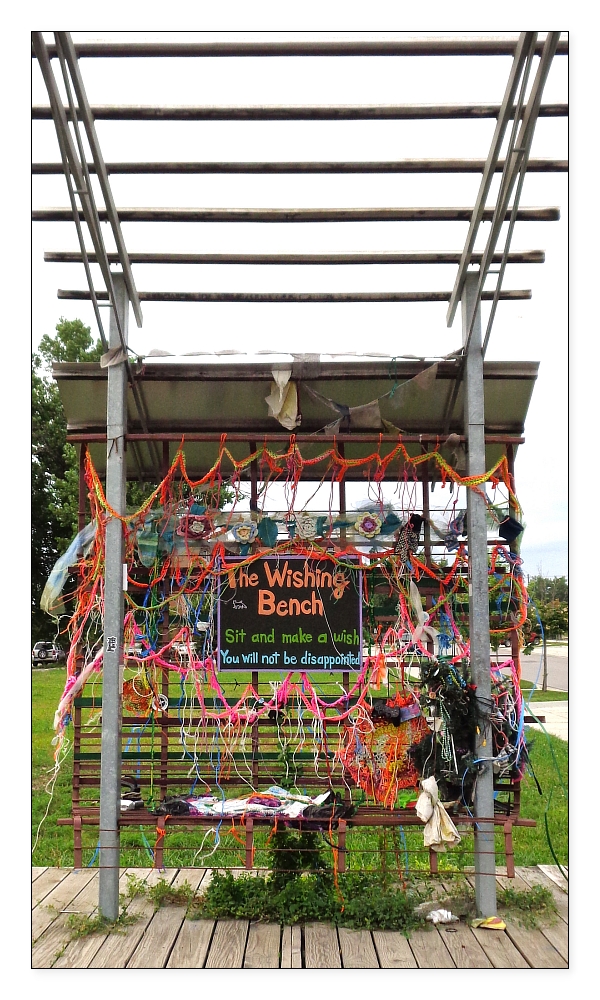
Ottawa KS


Hi, last Saturday I had a great time at Lake Shawnee’s, Huff n Puff. This is an annual event and each year I say I’m going to go and never seem to make it. Well this year I did go and it was fun.
There were 29 balloons total at this year’s huff n puff. Not all of them launched into flight. Upon my arrival several of the baskets and balloons were being laid out for the inflation process. The collage below shows how the basket is laid on its side and the balloon stretched out straight. Several crew members will hold the balloon open for the air to enter into the balloon.

The balloons were huge. As I said they were fun to see. People watching was just as fun. Everyone was taking pictures. Cameras ranged from cell phone to professional setups. Most of the photographers were friendly and engaged in photography talk. Which I enjoy ever so much. My camera of choice for this evening was my grandma camera the Sony Nex series- leaving my professional camera at home. I am a firm believer that it’s just not the “camera” that creates the great pictures. A person needs to know what their camera can do; know what all the buttons are used for and always have the instruction manual close at hand. Yes- entry level cameras will have more limitations than professional lens and cameras, but great images can still be achieved.
Get comfortable with depth of field. I knew this event I would be shooting more landscape photography. Be sure that as much of your scene is in focus as possible. The simplest way to do this is to choose a small Aperture setting (a large number) as the smaller your aperture the greater the depth of field in your shots.
Do keep in mind that smaller apertures mean less light is hitting your image sensor at any point in time so they will mean you need to compensate either by increasing your ISO or lengthening your shutter speed (or both). It is suggested a tripod is used for clear images.
White balance in my opinion is the easiest and most overlooked setting a lot of photographers make. Your camera will try and set white balance automatically based on the type of light in which you’re shooting. Different light casts different types of color—sunlight is very blue, tungsten lighting is yellow, and fluorescent is a bit green. In many cases, the camera will automatically detect what type of lighting you’re under and adjust the color in photos so that they look natural. You can correct color in Photoshop or similar editing program later on, but you’ll get better-looking photos if you get the white balance right in the first place.

Best Wishes,
![]()

